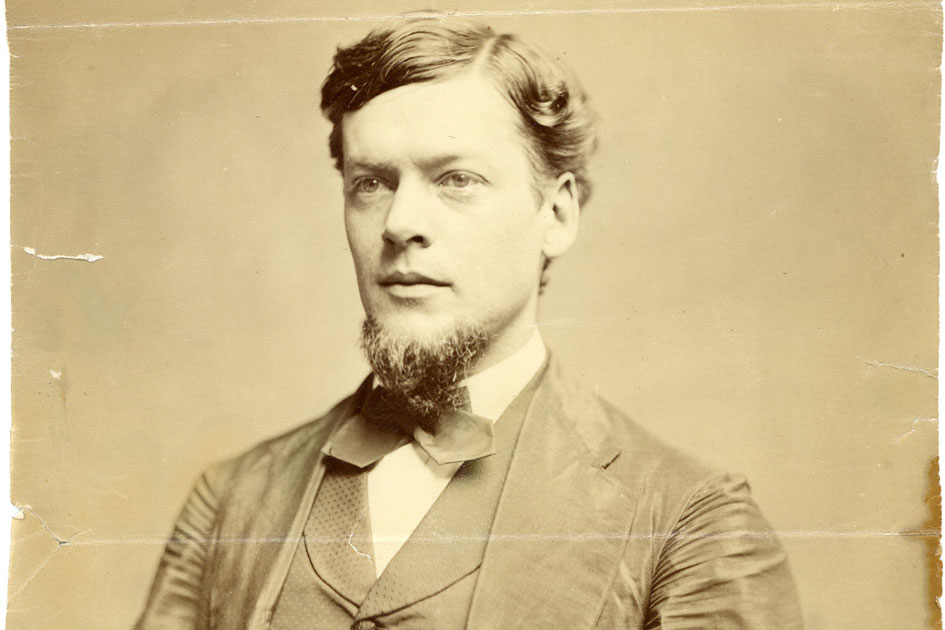Conscience of a City
Reappraising Reed's intellectual godfather, Thomas Lamb Eliot.
He was an intellectual omnivore who read the Iliad to his children. A preacher who opposed the doctrine of eternal damnation. An outspoken champion of the poor and the disadvantaged. Formidable in debate. And he liked dogs.
The Reverend Thomas Lamb Eliot is, of course, the intellectual godfather of Reed College, the man who inspired Simeon and Amanda Reed to bequeath their fortune to a greater good. But as Romel Hernandez shows in his perceptive profile “Distant Vision," Eliot was not only the driving force behind Reed—he was the driving force behind some of Portland’s most important institutions. In a real sense, Eliot shaped the city.
I think this is important because it is sometimes tempting for those of us who love Reed to regard its geographical setting as a mere accident, as if the college was some kind of interstellar spaceship that landed on this particular set of coordinates more or less at random (to the chagrin of local residents).
If we dig deeper into Eliot’s life, however, it becomes clear that Reed did not materialize out of hyperspace, but was constructed on a foundation that Eliot had been building for decades. Having championed orphanages, schools, parks, asylums, and libraries—each designed to make Portland a better city—he conceived of Reed as an integral part of the civic landscape, or, as he put it, “the crowning pride of this great metropolis.”
Having the vision is one thing. Making it work is another. Luckily, Eliot possessed the force of personality and sense of determination to turn his idea into reality—surely the great difference between dreamers and doers.
